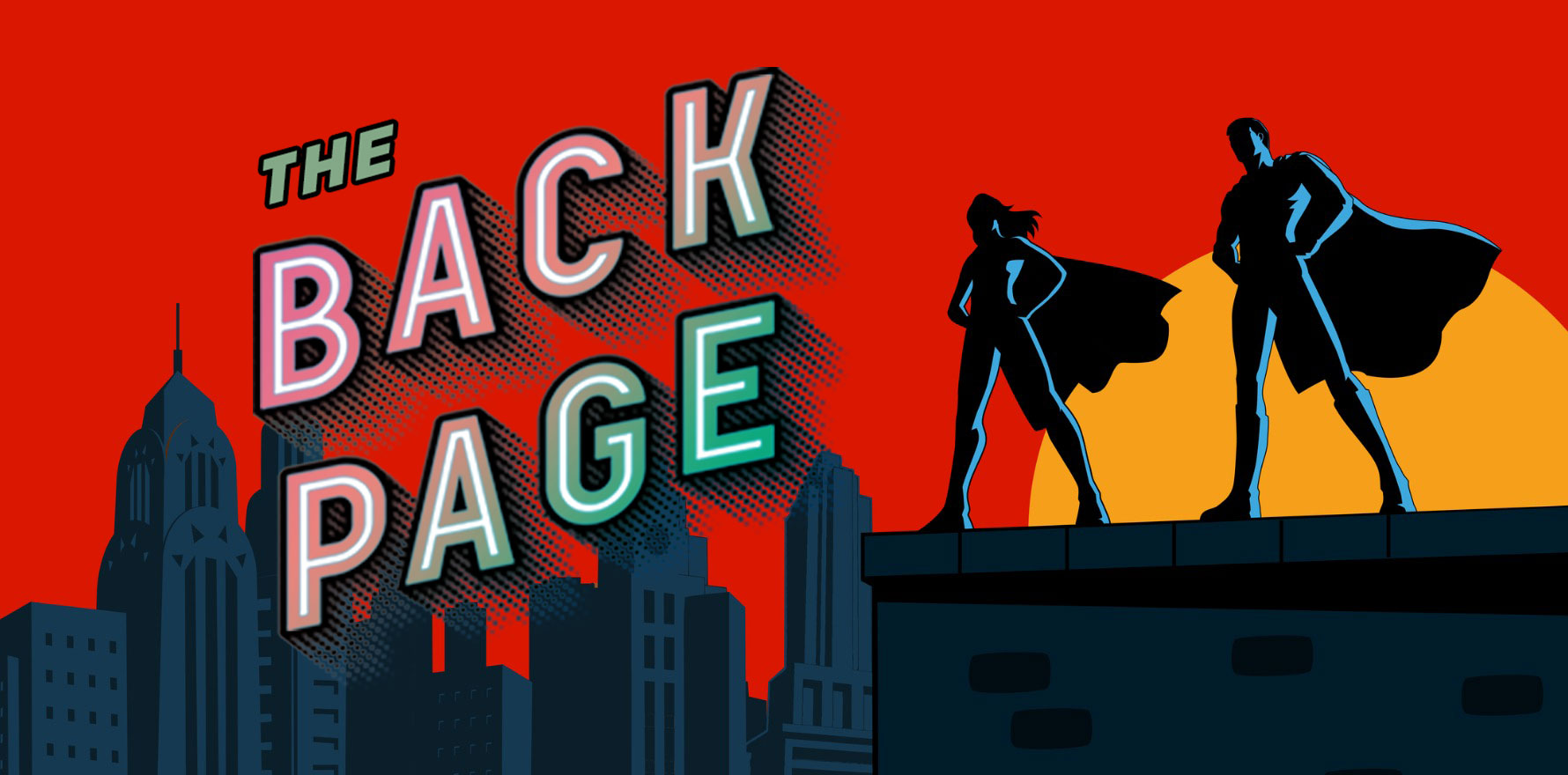A dedicated team of researchers has the answer to this question nobody asked.
If you’ve ever wondered which comic-book superhero would come out best from a hand-to-hand contest with any other comic-book superhero, congratulations, you are normal.
If you’ve wondered, by contrast, which of the onesie-wearing pantheon would live to the healthiest and ripest old age, you must be hoping to get a paper in the BMJ Christmas issue.
This year the annual compendium of fun and festive science (which the Back Page wishes they would do more often as it makes our job much easier) includes an article titled “Anticipating the ageing trajectories of superheroes in the Marvel cinematic universe”. In it six authors review the lifestyles of this group collectively and five individually: Iron Man (Tony Stark), Hulk (Bruce Banner), Black Panther (T’Challa), Black Widow (Natasha Romanoff) and Spiderman (Peter Parker).
“Audio-visual material was reviewed by all authors (range 8 hours to >50 hours per author) at home or in cinemas in Australia, with concentrated periods of study during lockdown in 2020 and 2021,” they write in the Methods section.
They exclude the immortal Thor, take their consent as implied and, to avoid spoilers, impose the assumption that all survive into old age.
Under positive traits the researchers list the heroes’ high levels of physical activity and limited sedentary behaviour, social connectedness, optimistic mindset, psychological resilience and sense of purposes, all of which are linked to healthy ageing. With the exception of Iron Man/Tony Stark, who is partial to a drink, they are also laudably free of life-shortening vices.

Under negative behaviours and risk factors, they note the frequent exposure to noise – linked to hearing loss and increased risk of cognitive impairment and dementia – air pollution and head injuries.
Individually, Stark’s high intelligence, wealth and married status are seen as drivers of good ageing, and technology is his friend; but they may not be enough to counter the effects of his many injuries, PTSD, potentially high doses of radiation while in space and his chronic heart disease.
Banner, at least as Hulk, has a worryingly high BMI and bouts of tachycardia that suggest a predisposition to cardiac arrhythmias, while his almost constant anger “might lead to increased inflammation and comorbidity in advanced old age”.
Romanoff’s childhood abuse and neglect after being removed from her family to be trained as an assassin predispose her to mental illness; her forced sterilisation leaves her vulnerable to conditions such as osteoporosis, CVD, dementia and depression.
As King of the highly developed Wakanda, T’Challa is wealthy and privileged, and he keeps a plant-based diet; however, the longterm health effects of the herb potion that gave him his superpowers are not known.
As for young Parker, the effects of his orphan status – linked with substance misuse, poorer mental wellbeing and worse health outcomes – may be compensated for by the relationship with his aunt May. His Spidey abilities leave him at less risk of falls in old age, but he almost certainly isn’t getting enough sleep.
The writers end on a wishful note that our betighted friends broaden their focus from protecting the multiverse to other challenges, “such as how to provide high quality health and social care across large, ageing, populations and preventing frailty and dementia”.
If you see something that trips your Spidey sense, fling a web at felicity@medicalrepublic.com.au


